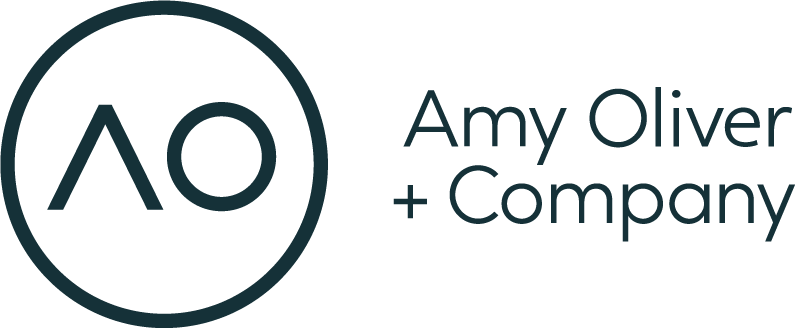Strategic Perspective
This article stresses the importance of developing a strategic perspective. It highlights the limitations of individual perspectives and advocates for intentionally seeking input from diverse sources to gain a more comprehensive understanding of situations and opportunities.
Whether you’re thinking about buying or selling a practice, niching down, or starting a new line of services, you’d be wise to develop your strategic perspective.
Our strategic visions aren’t always aligned with the realities of the day-to-day practices. When thinking about ‘big picture’ vision, Henry Mintzberg once said “The forest looks like a rug from a helicopter but anyone who has taken a walk in a forest knows that it doesn’t look much like that on the ground”.
We must remember that we only see the world from where we stand. Which means an individual’s perspective, regardless of your level of wisdom and experience, is littered with blind spots and biases. Intentionally gaining perspective from others will help you form a more well-rounded view of a situation or opportunity.
Strategic perspective is made up of experience, wisdom, awareness, and insight. It allows us to gather and consider signals, experiences, desires, and concerns from different players in our ecosystem (employees, patients, neighbours, governments and funders, allied health, community leaders, and more).
Intentionally gaining perspective from others will help you challenge conventional wisdom and protect you from groupthink, a type of collective thinking that happens often inside personal networks, businesses, and leadership teams. When health leaders tell me they have an amazing cohesive group of decision makers who get along all the time, who work well together, and agree with each other often - I get concerned. Remember, the first goal of a strong and valuable team discussion shouldn’t be consensus. It should be understanding. A bit of conflict supported by healthy and respectful debate will give your collective group more perspective which will lead to better strategic decision making.
We must also stay humble and recognize when egos are getting in the way. We need to seek out opposing views to help check our unconscious (and sometimes conscious) biases.
With that in mind, it is important to surround yourself with people that are different than you to gain a more well-rounded perspective. Diversity of all kinds is important in teams, and this also includes diversity of thought. If you find your team thinks alike, is quick to agree with you, or they fail to push back on your ideas, you’re likely missing important perspectives. One simple solution to consider is assigning the role of devil’s advocate. This gives people a sense of safety and invites shared perspective in a more comfortable way instead of risking those with opposing views going on defense when other opinions are shared or questioned.
When there is disagreement around views or ideas, create space for those involved to reflect on why there is disagreement instead of jumping to defend their opinion. Healthy debate means your choice of follow up questions should help you understand why someone else’s views of a situation are different than yours and how those opposing perspectives can impact the goal at hand. Coming together through perspective sharing will build solutions and opportunities that are stronger and more likely to succeed. The expression “more heads are better than one” is not cliché, it's key to good business and strong leadership.
Adapted for general health practices from publications written for Pharmacy Practice + Business magazine:
https://www.canadianhealthcarenetwork.ca/how-attain-your-strategic-perspective
